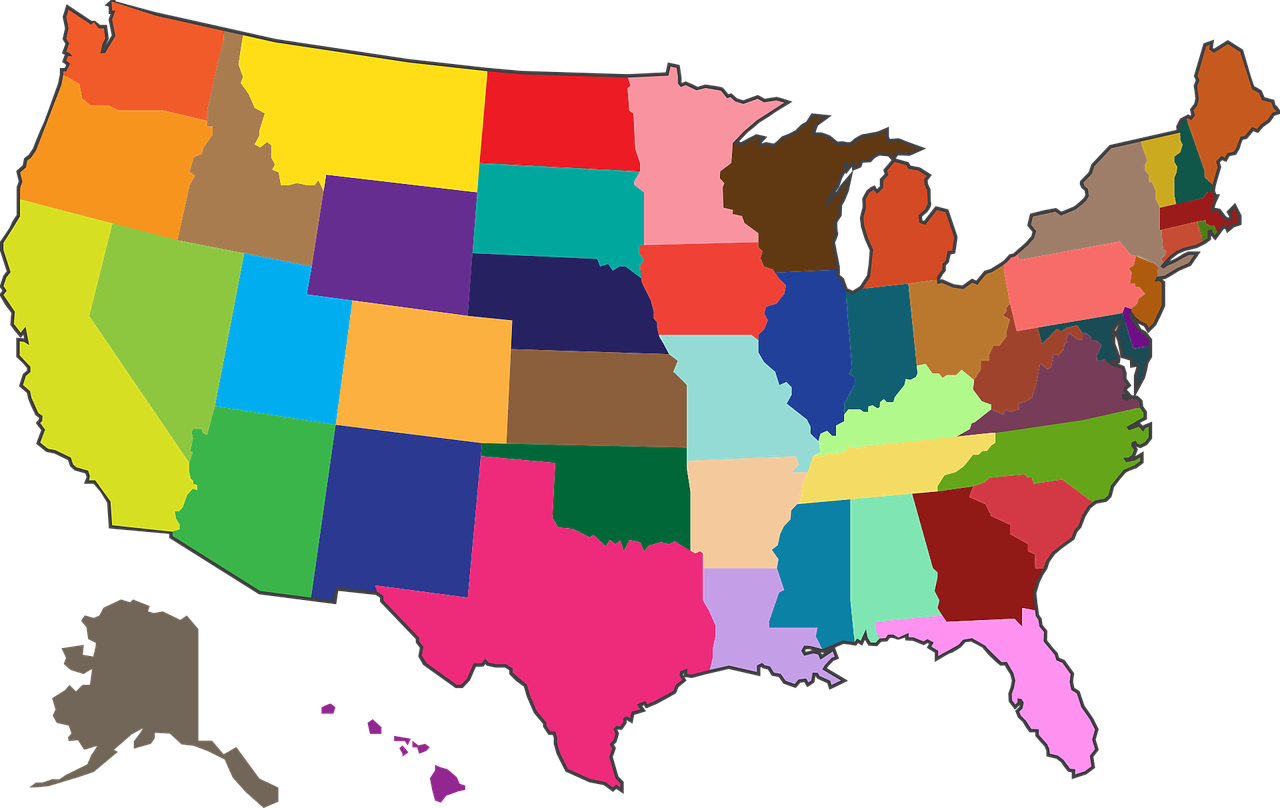How to Apply for Medicaid?

What is Medicaid?
Medicaid is a health insurance program provided by the government for people who cannot afford coverage on their own. Medicaid is jointly overseen by the federal government and individual states, meaning that eligibility requirements and coverage varies from state to state.
Who Is Eligible For Medicaid?
In general, Medicaid is available to people who have an income below a certain level or fall under specific categories such as pregnant women, people with disabilities, and low-income families. In addition, some states offer Medicaid to adults with incomes above the poverty line.
What Do Medicaid Benefits Cover?
Most Medicaid programs cover basic healthcare services, such as doctor visits, hospital stays, prescription drugs, and preventive care services. Some states may also offer additional benefits such as vision and hearing services, home health care services, rehabilitative services, and dental care.
How to Apply for Medicaid
Medicaid is a government-funded health insurance program that covers medical expenses for low-income individuals and families. If you are interested in applying for Medicaid, there are several ways to do so.
You can apply online, in-person, over the phone, or by mail. Here is a step-by-step guide on how to apply for Medicaid:
- Online Application – Visit your state's website and follow the steps to apply. Many states have user-friendly websites with helpful resources to get you started.
- In-Person – Visit your local county or state office and ask for help with completing an application. Make sure to bring any required documents or information with you.
- Over the Phone – Call your local county or state office and ask to speak with someone about enrolling in Medicaid. You may need to provide documents or information to complete your application.
- By Mail – Print out the Medicaid application and mail it to your local county or state office. Make sure to include all of the required documents or information.
It is important to note that each state has different requirements for Medicaid eligibility. After completing your application, wait for a response from Medicaid about your eligibility.
When applying for Medicaid, there are certain documents that you will need to provide in order to be eligible. These documents include immigration/citizenship documents, a social security number, proof of income, and other forms of identification.
If you’re a non-citizen, you’ll need to provide documents proving your immigration status. These may include a Permanent Resident Card (green card), an Employment Authorization Card, or a valid passport.
You will also need to provide a valid Social Security number (or confirmation that you’ve applied for one). This is used to match you to records in the state’s database.
Proof of income is also an important consideration when applying for Medicaid. This includes your most recent pay stub, a W-2 form, records of self-employment income, or evidence of money received from any other source.
Other forms of identification may be requested, such as a driver’s license, state-issued ID, or birth certificate. Any documents you provide should be up-to-date and accurate.
It’s important to make sure that all of the paperwork you submit is correct and submitted on time. Failure to do so may result in delays or even a denial of your application.
Accessing Healthcare Services Through Medicaid
When you have Medicaid, you can access healthcare services that you may not be able to afford otherwise. There are a few different types of doctors and services that you can access through Medicaid.
One way to access healthcare is through your primary care doctor. This is the doctor you will typically go to for an annual check-up, or if you become sick and need routine medical treatment. Primary care doctors can also refer you to specialists if you need a more specific type of care.
Another way to access healthcare is through hospitals. With Medicaid, you can be seen at any hospital that accepts the insurance. You don't have to worry about being turned away due to a lack of funds, as Medicaid can help cover the cost. In addition, many hospitals offer preventive services such as vaccinations and screenings.
Lastly, you can also access specialist care through Medicaid. Specialists are experienced in specific areas of medicine and can provide more specialized care than a primary care doctor. Examples of specialists include cardiologists, neurologists, psychiatrists, and oncologists.
Overall, there are a variety of healthcare providers and services that you can access with Medicaid. It is important to understand what types of care are covered, so that you can get the care that best suits your needs.
When applying for Medicaid, it can sometimes seem daunting to complete all the necessary forms. Filling out the right forms can be the key to having a successful application. To start the application process, you will need to complete what are known as the pre-application forms. These pre-application forms verify your identity, residency, immigration status, and whether you meet certain eligibility requirements for Medicaid.
Tax returns and other financial documents are also important for your application. If you have dependents such as children or elderly family members, you will need to provide the appropriate records. It's important to provide copies of these documents so that they can be verified by the department of Medicaid.
It's also important to provide any proof of income for yourself and any of your dependents, such as pay stubs or bank statements. This is an important step to determine if you qualify for Medicaid benefits. Any information regarding your current job and salary will also be needed.
You may also need to provide evidence of other forms of coverage, such as private health insurance. Additionally, if you are employed, you may need to provide proof of employer-sponsored medical coverage.
Finally, you must sign a declaration stating that all the information you have provided is true and accurate. This is a crucial step in verifying the accuracy of your application.
By taking the time to make sure you have all the necessary documents and properly filling out the forms, you will be setting yourself up for a successful application for Medicaid.
Medicaid is a government-funded insurance program designed to provide medical coverage to those who may not be able to afford it. In order to be eligible for Medicaid, there are a few different eligibility requirements that must be met. These include proof of citizenship or immigration status, social security number, proof of income, and sometimes other documents.
To be eligible for Medicaid, an individual or family must meet the income requirements. Depending on the state of residence, these will vary slightly. Generally, individuals must make less than a certain amount of money each year to qualify. This income limit is determined by the federal poverty level. Additionally, the person must prove that they are US citizens or qualified aliens.
Finally, the person must provide their social security number and proof of income. This includes pay stubs, tax returns, Social Security benefits, or other documents which show proof of earnings. Once all of the eligibility requirements have been met, the individual can then apply for Medicaid.
Cost of Services
When it comes to medical needs, Medicaid coverage can provide a lot of financial relief. Depending on your plan and coverage, you might be responsible for paying part of the bill out-of-pocket. Here is a breakdown of what you might expect to pay:
- Primary care visits: Depending on the state you live in, you may have to copay a certain amount for each visit.
- Specialty care visits: You may be required to pay a larger copay for visits to specialists.
- Hospital stays: Any time you stay at a hospital, you will need to cover any costs that aren’t covered by Medicaid. This usually includes food, lodging, and parking fees.
- Prescriptions: Most states require a copay for prescriptions, but this usually varies from one medication to another.
- Medical supplies: For any medical equipment you need, such as eyeglasses or hearing aids, you will be responsible for covering the costs.
It’s important to note that Medicaid coverage may vary from state to state. It’s always a good idea to check with your state’s Medicaid office for the most accurate information about what you will be expected to pay out-of-pocket.
Renewing Benefits
Once you have Medicaid, you will need to renew your benefits each year. This process usually happens automatically, but it's still important to make sure that your new information is up-to-date. If you have any changes in income, address, or family size, make sure to update your application with the state.
You will also need to renew if you wish to extend coverage to different family members. Medicaid will usually cover family members if they meet the same eligibility requirements as the primary applicant. For this process, you may need to provide additional paperwork and documentation.
It's important to keep up with renewal dates so that you don't lose coverage. Most states give you some type of reminder notification when your benefits are due to expire. Be sure to follow up on this information quickly.
FAQ: Common Questions About Medicaid Eligibility
If you're considering applying for Medicaid, you may have some questions about eligibility. We've included answers to the most common questions here.
Who is eligible for Medicaid?
Medicaid is a joint federal and state program that provides health coverage for low-income individuals, families, pregnant women, and people with disabilities. Each state has different eligibility requirements based on income, age, disability status, and other factors. To learn more about eligibility in your state, visit your state's Medicaid website.
What documents do I need to apply for Medicaid?
To apply for Medicaid, you'll need to provide proof of your identity, U.S. citizenship/non-citizen immigration status, and income. You may also need to provide documents such as birth certificates, utility bills, and tax returns. To learn more about what documents are required for your state, visit your state's Medicaid website.
How long does it take to be approved for Medicaid?
The time it takes to process your application and determine your eligibility may vary from state to state. In some states, you may receive an answer within a few weeks, while in other states it may take several months. If you haven't received a decision within 45 days from submitting your application, contact your state's Medicaid office for more information.
How do I renew my Medicaid benefits?
When you first complete an application for Medicaid, it will usually be valid for one year. After that, you will need to renew your benefits in order to keep your coverage. You can do this either online, by mail, or in-person. Contact your state's Medicaid office for detailed instructions on how to renew your benefits.
Applying for Medicaid can be confusing but understanding the basics can help make it easier. To apply for Medicaid, one must meet specific eligibility requirements. The application process can be done online, in-person, over the phone or by mail and requires certain documentation such as immigration/citizenship documents, social security number, and proof of income. Once someone is approved, they can access healthcare services through primary care doctors, hospitals, and specialists. There may also be forms to fill out and costs that will need to be paid out-of-pocket. Benefits can be renewed each year and extended to family members. If you are still confused, there are FAQs available for reference. In conclusion, having a general understanding of how to apply for Medicaid and what is required makes the process less stressful.
You might also like this article:






